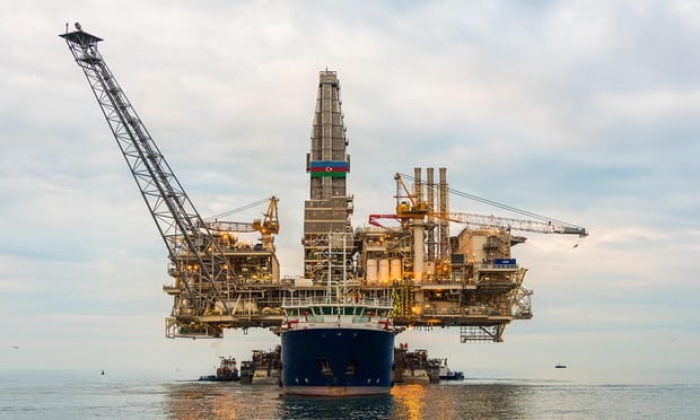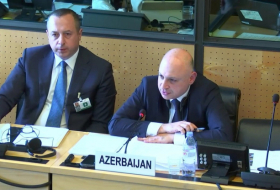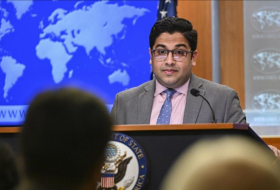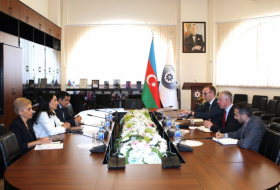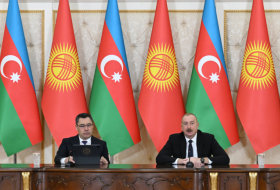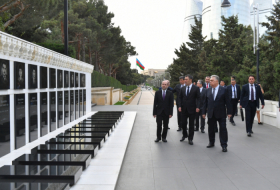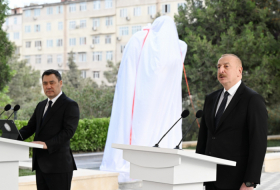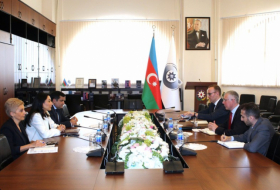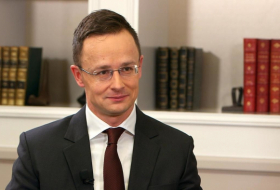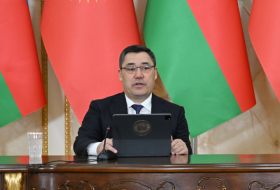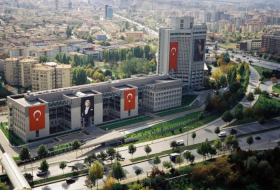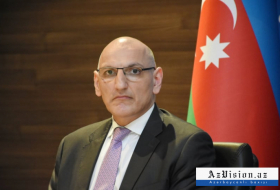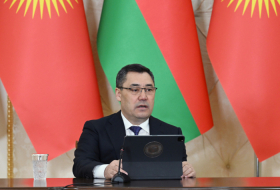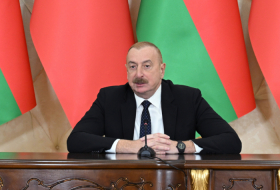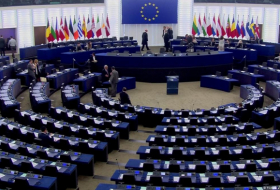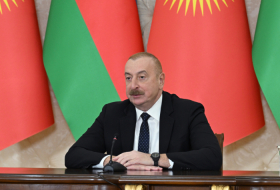Funding for fossil fuel projects from the six main international development banks totalled at least $5bn in 2016, according to a report from researchers at Oil Change International (OCI).
In particular, OCI estimate the funding for exploration for new oil and gas more than doubled in 2016, to $2.1bn. Funding for clean energy also grew by more than a third, to $11.4bn.
A second report from analysts at E3G suggests that in recent years the World Bank and European Bank for Development and Reconstruction (EBRD) have given similar levels of funding to fossil fuels as to climate-friendly energy projects.
“Despite the Paris Agreement being reached, multilateral development banks that say all the right things on climate are still financing billions of dollars in oil, gas, and coal projects,” said Alex Doukas at Oil Change International. “They are using relatively scarce public resources that need to be used as strategically as possible if we have a hope of meeting the agreement’s aims. If they really want to help lift people out of poverty, taxpayer-funded banks can no longer finance climate destruction. They must stop funding fossil fuels.”
Helena Wright at E3G said: “Development banks must do more to green their investments. As a first step, the banks should commit to ending finance for fossil fuel exploration. Obviously exploration for new resources is not in line with the Paris goals – we have got enough fossil fuels already to go over 2C of warming.”
Scientists showed in 2015 that to keep under the internationally agreed 2C warming limit, then most existing fossil fuel reserves need to stay in the ground. In July, the G20 nations were accused of hypocrisy for talking tough on global warming but providing four times more public finance for fossil fuels than for renewables.
Wright also found that millions of dollars given by the EBRD for a coal port in Morocco were counted as climate finance on the grounds the port contributed to adaptation to climate change. In another example, millions of dollars given by the EBRD for an offshore gas exploration project in Azerbaijan were also counted as climate finance on the basis that it reduced emissions compared to baseline. “It seems a bit ridiculous,” she said.
However, a spokesman for the EBRD said it strongly disagreed with the analysis in the new reports and the way in which the projects were categorised. He said the EBRD spent 2.7 times more on energy-related climate projects than on fossil fuels and that the analyses had not included lending that went to projects via partner banks.
A World Bank spokesman also disputed the analyses and emphasised the bank’s clean investments: “Over the last five years, the World Bank Group has invested more than $11bn in renewable energy and $4.5bn in energy efficiency. We are now the largest multilateral provider of finance for renewable energy and energy efficiency projects in developing countries.”
Both of the new reports analysed the lending by the World Bank, EBRD, the African Development Bank, Asian Development Bank, European Investment Bank and the Inter-American Development Bank.
The OCI report estimated significant rises in fossil fuel funding in 2016 by the Asian Development Bank, where it leapt fivefold, and at the World Bank. The E3G report judged the Inter-American Development Bank as the greenest, giving over five times more to climate-friendly energy projects between 2013 and 2015 than to fossil fuel schemes.
Yongping Zhai, energy advisor at the Asian Development Bank, said: “ADB will continue to expand climate finance, while still providing access to energy in the most cost effective manner to support progress for developing countries. ADB’s financing to fossil fuel in 2016 was limited to natural gas, which is an important transition fuel, [with] lesser carbon.”
More about: #ParisClimateDeal








